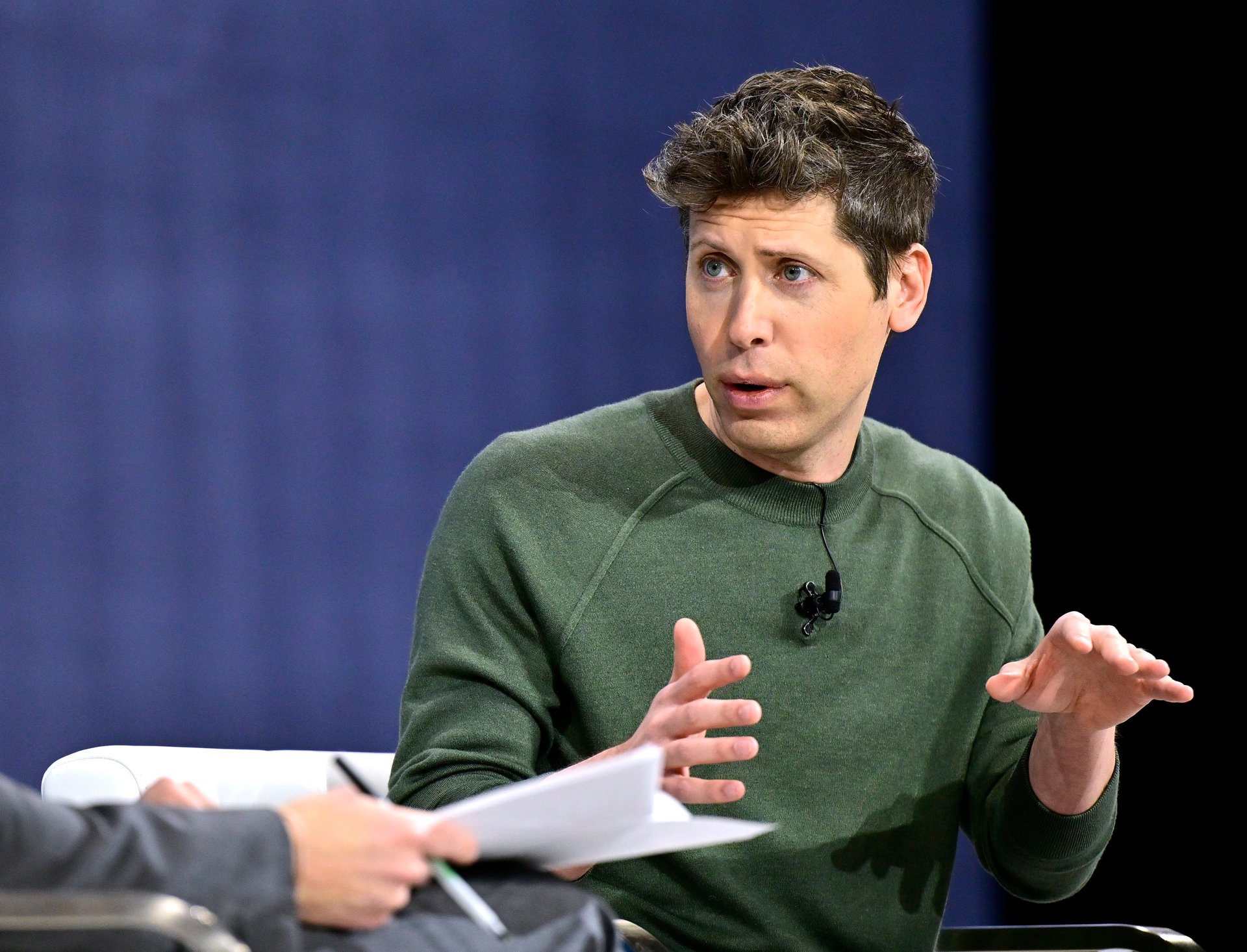Sam Altman's Gen Z brag: 'They don’t really make life decisions without asking ChatGPT'
The OpenAI CEO said there are clear generational differences in how people use ChatGPT — and younger users may be in deepest

Welcome to the ChatGPT generation.
Suggested Reading
Gen Z isn’t just using ChatGPT to finish homework or settle trivia debates — they’re using it to make actual life decisions. From managing relationships to planning career moves, many young users are apparently turning to the AI chatbot as a kind of digital confidant.
Related Content
OpenAI CEO Sam Altman talked about this shift during a talk at Sequoia Capital’s AI Ascent event earlier this month. The interview, published Monday on Sequoia’s YouTube channel, offered a generational snapshot of how people are using ChatGPT — and Gen Z, it seems, is in deepest.
“They don’t really make life decisions without asking ChatGPT what they should do,” Altman said. “It has the full context on every person in their life and what they’ve talked about.”
According to Altman, younger users aren’t just casually chatting with the AI — they’re building intricate workflows around it.
“They really do use it like an operating system,” he said. “They have complex ways to set it up to connect it to a bunch of files, and they have fairly complex prompts memorized in their head or in something where they paste in and out.”
Altman said that was a “gross oversimplification” but added that generational patterns are emerging: “Older people use ChatGPT as a Google (GOOGL) replacement. Maybe people in their 20s and 30s use it like a life advisor. And then, like, people in college use it as an operating system.”
In a February report, OpenAI revealed that U.S. college students were its most engaged users — not just in number, but in how thoroughly they were integrating the tool into their daily routines. More than one-third of Americans ages 18-24 reported using ChatGPT, making them the most active age group on the platform. (New York Magazine punctuated the phenomenon with a feature on the matter — “Everyone is cheating their way through college.”)
The trend is moving even younger. A January 2024 survey from Pew Research found that 26% of U.S. teens ages 13-17 used ChatGPT for schoolwork — a significant jump from just 13% in 2023. The numbers point to a generation growing up with AI not just as a tool, but as a kind of ever-present digital advisor. While sophisticated chatbots are relatively new, teen usage is already an area of concern; California lawmakers introduced a bill last year to require AI companies to remind young people that they’re not talking with a human, and an April report by Common Sense Media and Stanford researchers said kids shouldn’t use AI companion services at all.
In a recent conversation on the Lex Fridman podcast, Altman emphasized the importance of building AI systems that evolve with users over time: “We’re very early in our explorations here, but I think what people want... is a model that gets to know me and gets more useful to me over time.”